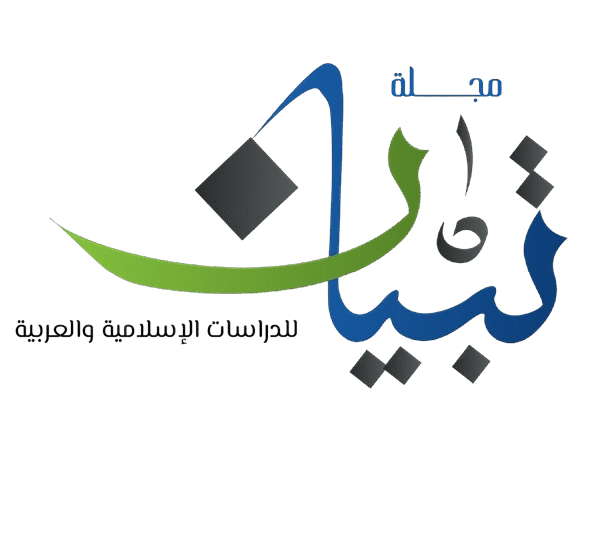First: Responsibility of the Researcher
The researcher is committed to the standards, guidelines, and publishing rules set by Tebyan Journal for Islamic and Arabic Studies and to adhering to the principles and standards of research and scientific publishing ethics.
The researcher must uphold academic integrity and respect intellectual property rights by ensuring that the research is free of plagiarism from their own previous works or from the works of others.
In the case of joint publication, the researcher must obtain approval from all co-authors and specify the contributions of each person involved in the preparation of the research.
The researcher is obligated not to submit a manuscript that has been previously published, in whole or in part, in any form or language, nor submit it to any other entity during its review by the journal. If accepted for publication, the researcher must not republish it without prior written consent from the journal.
The researcher must disclose any potential conflicts of interest arising from the research and must declare all sources of financial support for the research.
If the researcher discovers a significant error in their published work, they must inform the editor-in-chief to correct or retract the error.
Research published in the journal reflects the views of the authors and does not necessarily represent the views of the editorial board or Medad Center for Studies. The researcher bears full responsibility for the content of the research.
Originality and Plagiarism
Authors must ensure that the submitted work is original. If the authors have used the work or words of others, proper citation or quotation must be provided. Tebyan Journal for Islamic and Arabic Studies uses effective plagiarism detection software to verify the originality of the research. A similarity index of 1–10% is acceptable; similarities above 10% will not be accepted for publication.
Second: Responsibility of the Reviewer
The reviewer must respond to the initial acceptance letter for reviewing within three days of receiving it. Upon accepting the review assignment, the reviewer must complete the review within a maximum of two weeks from the date of acceptance.
The reviewer is committed to scientific integrity in evaluating the research without bias of any kind.
The reviewer must decline to review a manuscript outside their area of expertise or if they lack sufficient knowledge in the subject.
Reviewers must treat manuscripts received for review as confidential documents and must not disclose or discuss them with others except as authorized by the editor-in-chief.
The reviewer must not exploit the manuscript under review in any way for personal or third-party benefit without justification.
The reviewer’s comments must be detailed according to the approved review form; they must not rely on a general evaluation and should direct their remarks at the content of the research, not at the researcher personally.
If the reviewer identifies plagiarism in the manuscript, they must indicate the specific paragraphs containing the plagiarism and provide evidence.
Third: Responsibility of the Editorial Board
The editorial board is committed to verifying the quality of scientific research submitted for publication and referring manuscripts to reviewers with relevant expertise and specialization.
The editorial board must ensure geographic diversity among reviewers, avoiding the selection of reviewers all belonging to the same academic institution.
The editorial board must honor a researcher’s request to exclude any reviewer before assigning reviewers if the reasons provided are deemed justified. The editorial board should also require all reviewers to disclose any potential conflicts of interest before accepting a review assignment.
The editorial board must exercise its authority with honesty, objectivity, and fairness, and must not discriminate between researchers on unlawful grounds.
The editorial board is committed to providing researchers with a reasonable opportunity to respond to reviewers’ comments on their manuscripts.
The editorial board must maintain confidentiality and protect information related to the manuscripts and researchers while the manuscripts are under review.
The editor-in-chief is obligated to inform the author of the accepted manuscript of its acceptance for publication and the specific issue in which it will be published.
